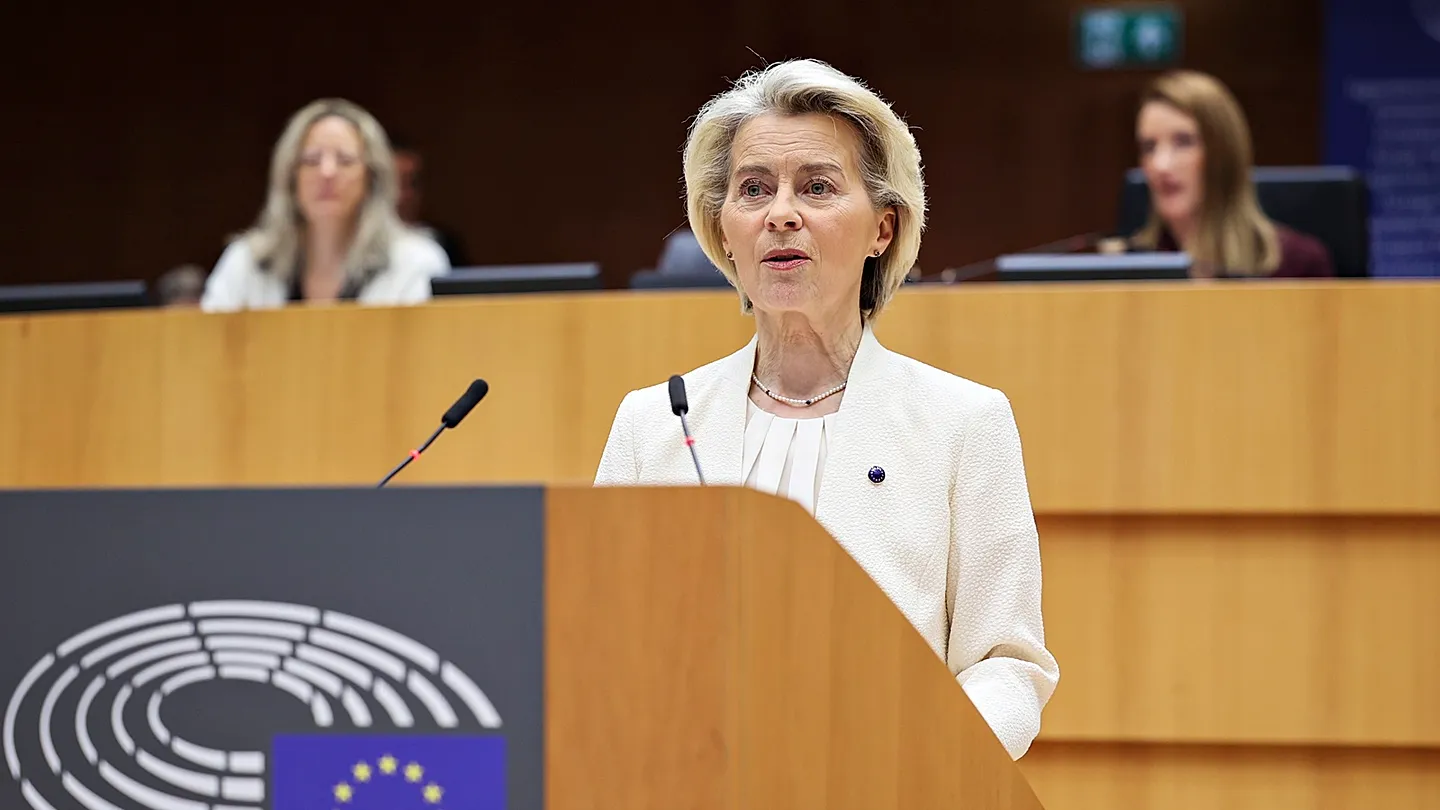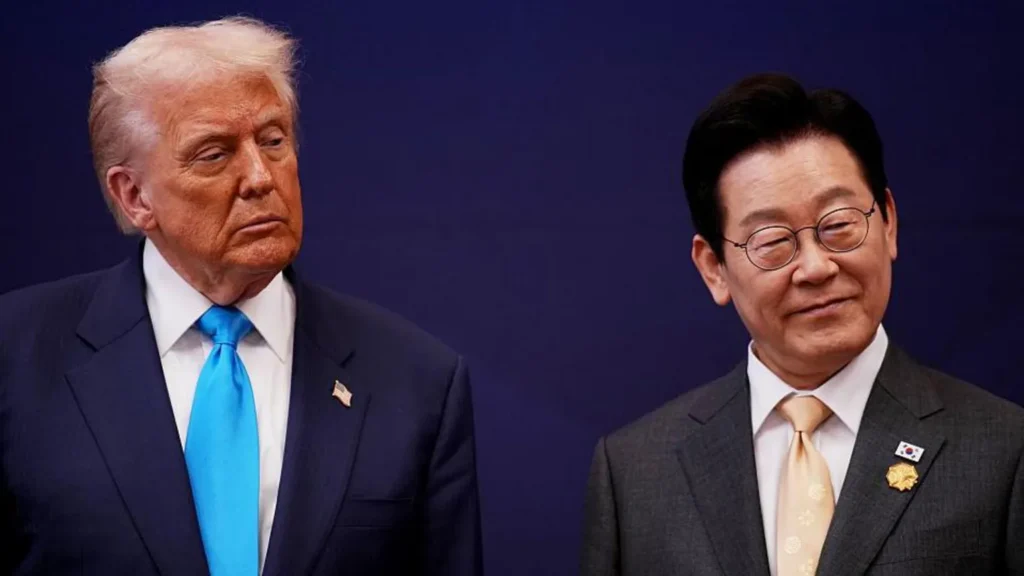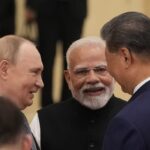Von der Leyen Unveils Backup Plan to Finance Ukraine Amid Russian Asset Dispute

European Commission President Ursula von der Leyen has revealed an alternative strategy to ensure Ukraine continues receiving critical funding if the planned reparations loan tied to frozen Russian assets runs into obstacles. The move signals the European Union’s determination to keep Kyiv financially supported amid ongoing debates among member states, even as Belgium and a few other nations express caution over the mechanics of using seized Russian funds.
“Europe stands united in supporting Ukraine, and we are preparing every possible avenue to ensure that vital resources reach Kyiv,” von der Leyen said during a press briefing in Brussels.
The Reparations Loan: A Controversial but Preferred Option
The EU’s proposed reparations loan has been widely touted as the most effective mechanism to fund Ukraine’s war effort and reconstruction without burdening member state budgets. The plan envisions issuing a multi-billion-euro EU-backed loan, with repayment tied to frozen Russian state assets.
While the initiative has broad political support, it faces legal and diplomatic hurdles. Belgium, one of the largest contributors to the EU budget, has reportedly expressed concerns about legal liability and the precedent of linking repayments to assets seized from a foreign state. Similar caution has been voiced in other capitals, reflecting the complexity of cross-border financial claims in international law.
Despite these challenges, most EU officials consider the reparations loan the most streamlined way to ensure continuous financing for Ukraine, particularly as the war drags into its third year and Kyiv’s budgetary needs remain immense.
Von der Leyen’s Plan B: Contingency Measures
In response to potential delays or obstacles, von der Leyen outlined a backup funding strategy that would rely on a combination of traditional EU budget allocations, capital market instruments, and targeted donor contributions. Key components include:
- Frontloading EU Budgetary Support – Redirecting portions of already pledged EU funds to Ukraine to maintain liquidity in the short term.
- EU Green Bonds or Special Instruments – Issuing targeted bonds that channel capital directly into Ukrainian reconstruction projects.
- Enhanced Donor Coordination – Leveraging contributions from non-EU allies and international financial institutions, ensuring that funding gaps are covered even if the reparations loan is delayed.
“We are not leaving Ukraine in a position of uncertainty,” von der Leyen emphasized. “If one path is blocked, we will ensure another is ready and effective.”
Why the EU Sees Continuity as Critical
Ukraine’s fiscal needs remain staggering. According to recent estimates, Kyiv requires tens of billions of euros annuallyto cover defense, infrastructure, humanitarian assistance, and economic stabilization. Interruptions in financing could have immediate consequences: delayed payments to soldiers, stalled reconstruction projects, and disruption in essential services.
European officials argue that a reliable, predictable funding mechanism is as vital as weapons deliveries. The reparations loan, even with legal and political uncertainties, is designed to provide multi-year financing certainty, reducing the risk of ad hoc aid packages that could leave Ukraine vulnerable.
“In war, predictability is security,” one EU diplomat said. “This loan isn’t just about money — it’s about signaling unwavering commitment to Ukraine’s sovereignty.”
Legal and Political Challenges Remain
Despite von der Leyen’s assurances, legal experts caution that tying loans to frozen Russian assets involves complex international law. Questions include:
- Whether the EU can legally claim ownership or future repayment rights over foreign-state funds,
- How to navigate potential litigation from Russia or third-party claimants,
- The broader implications for EU financial markets and sovereign debt credibility.
Belgium’s cautious stance highlights the delicate balance Brussels must maintain between solidarity with Kyiv and adherence to legal norms. Yet EU officials believe that, with careful structuring, both the reparations loan and alternative mechanisms can coexist to safeguard Ukraine’s funding needs.
Strategic Implications
Von der Leyen’s plan B is as much about messaging as mechanics. By demonstrating that the EU has contingency measures, Brussels aims to:
- Reinforce political unity among member states,
- Provide Kyiv with confidence in long-term support,
- Signal to Russia that Western financial leverage will persist regardless of legal wrangling.
Analysts note that such financial instruments could also reshape the post-war reconstruction landscape, potentially giving the EU a more prominent role in rebuilding Ukraine while ensuring compliance with EU financial governance standards.
Looking Ahead
The next few months will be decisive. EU leaders are expected to continue discussions on the reparations loan’s structure while simultaneously preparing the fallback plan. Brussels appears committed to finalizing a mechanism before the end of the year, balancing speed with legal prudence.
“Ukraine cannot wait for bureaucratic delays,” von der Leyen said. “We are mobilizing every tool at Europe’s disposal to ensure that its citizens, economy, and democratic institutions remain supported.”
Whether the reparations loan moves forward or alternative financing takes precedence, the EU’s message is clear: financial support for Ukraine is non-negotiable, and Europe is prepared to innovate to meet the challenge.




















